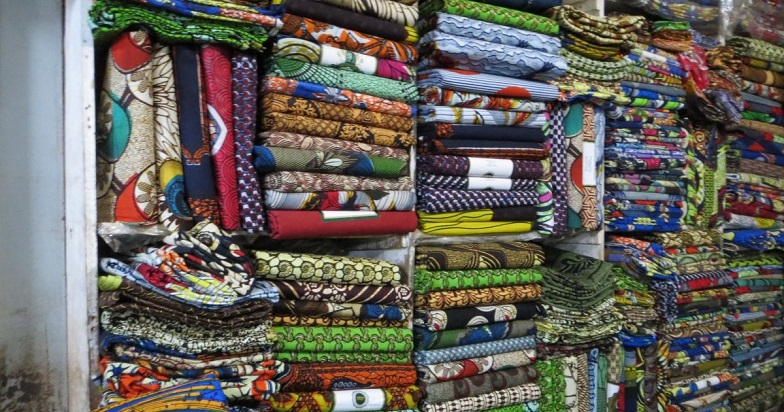The Kampala City Trader’s Association – KACITA has given the government a two-week ultimatum to harmonize the import duty tax on clothes or they close their shops come September 1, 2021. The traders are dissatisfied with the new tax policy, which pushed the import duty tax on garments from 25 to 35 percent or US$ 3.5 per kilogram.
The ultimatum by the traders follows the government’s failure to consider their pleas to halt the new tax policy. KACITA Spokesperson, Issa Ssekitto, says that due to the new tax policy, a 20 feet container that they would clear at between Shillings 80M to 100M now costs between Shillings 280M and 300million.
He noted that the tax contravenes the external common tariff agreed upon under the East African community.
He says that the tax is very prohibitive, adding that this explains why importers have abandoned their merchandise to rot from the warehouses. “Many of our members who had put their goods on the high sea were simply ambushed and forced to comply and this is why they have not cleared their goods hence filling up warehouses,” he said.
Ssekito also noted that the new tax even breaches the general agreement on tariffs and GATT valuation under the world trade organization, which requires subjecting of all members to transactional value.
He noted that although the new tax measures are meant to protect local industries in the spirit of Buy Uganda Build Uganda [BUBU], goods should be made available with sufficient capacities to meet the market demand with standards required to match the global market for a favourable competition internationally.
“It is also sad to note that the current manufacturing capacity in Uganda only serves 3% of the market demand and most imported garments cannot be manufactured locally,” he argued. Thaddeus Musoke, the newly appointed KACITA chairperson appealed to the government to revisit the policy like other East African countries.
-URN




